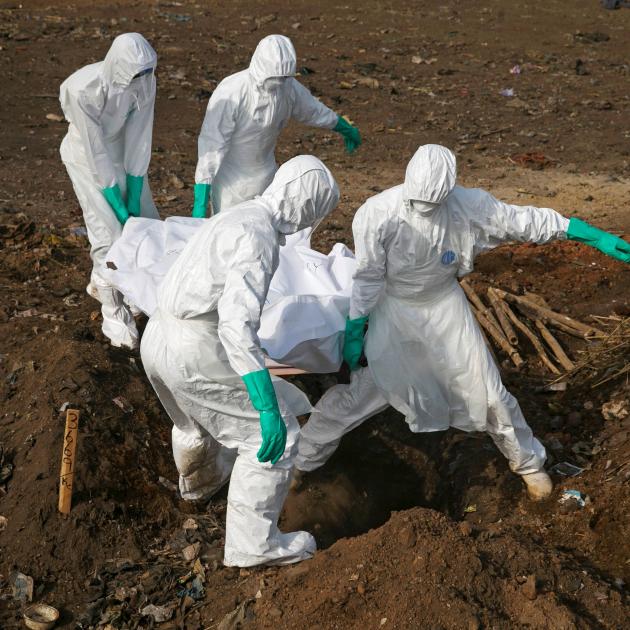
If the Ebola outbreak in West Africa taught the world anything, it is the need to interlink public health, environmentalism and human security matters to ensure sound crisis response mechanisms.
That was the clear conclusion of three days of talks held by experts in the fields of environmental science, conflict analysis and public health who gathered in Montreal, Canada, earlier this year to discuss the research avenues that would lead to a better understanding of the real challenges of the 21st century.
I was one of the members of the organising committee, along with Loyola Sustainability Research Centre (Concordia University) director Peter Stoett, and one of our reasons for creating such a venue was the realisation that the countries most affected by the Ebola crisis were also states recovering from the legacy of civil war (as in Sierra Leone and Liberia).
Research suggests that such fragility tends to reduce economic opportunities for local communities, which generally leads to the creation of alternative economic activities that put substantial pressures upon natural resources.
This is coupled with the environmental degradation caused by the machinery of armed conflict itself, which puts additional burdens on natural resources to sustain the war effort.
Along with environmental degradation, war often leads to the breaking of public health institutions, which weakens the State's ability to respond to the immediate aftermath of conflict, and often results in civilian populations becoming increasingly vulnerable to the spread of diseases.
Under such conditions, how can the State secure sufficient capabilities for the effective provision of public health services?
This is a key question at the ongoing 71st United Nations General Assembly, where the above-mentioned issues are bound to be front of mind for leaders and delegates.
What the conclusion of our discussions in Montreal shows however, is that the complexity of our world, and the intricacy of our global processes demand that the environment, conflict and issues of public health be approached as inseparable concerns.
As I, and colleagues at the Montreal gathering, expressed in The Lancet Global Health journal recently, there are no easy assurances about social, environmental and health security within the context of the increasingly acute effects of climatic change and natural disasters.
We wrote that the conceptual disaggregation of these fields ''must be met by broader collective action and political will, at local, national and international scales''.
Such an integrative approach is already bearing important fruits in the research community and significant investments have been allocated for the creation of institutes such as Future Earth, the New Zealand Institute for Pacific Research and our own National Centre for Peace and Conflict Studies (NCPACS) at the University of Otago, where interdisciplinary research on matters of conflict, environmental decay and health are currently paving the way for results-based decision-making, both in New Zealand and abroad.
One important finding in my research at NCPACS suggests that local violence over access to freshwater supplies is becoming more frequent amidst a progressively interconnected and interdependent world.
While advocates of the free market continue to lobby for the opening of financial (and arguably political) borders, it is crucial to understand the effects of these trends on our economic, social, political and environmental systems, and the only channel that will allow such thorough insights is one that is completely holistic and that seeks to approach issues as complex, multidimensional phenomena.
In the face of complex problems, we must endeavour to find dynamism in our solutions.
Adan E. Suazo is a doctoral researcher at the National Centre for Peace and Conflict Studies, University of Otago.










